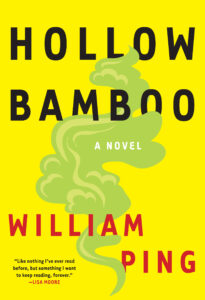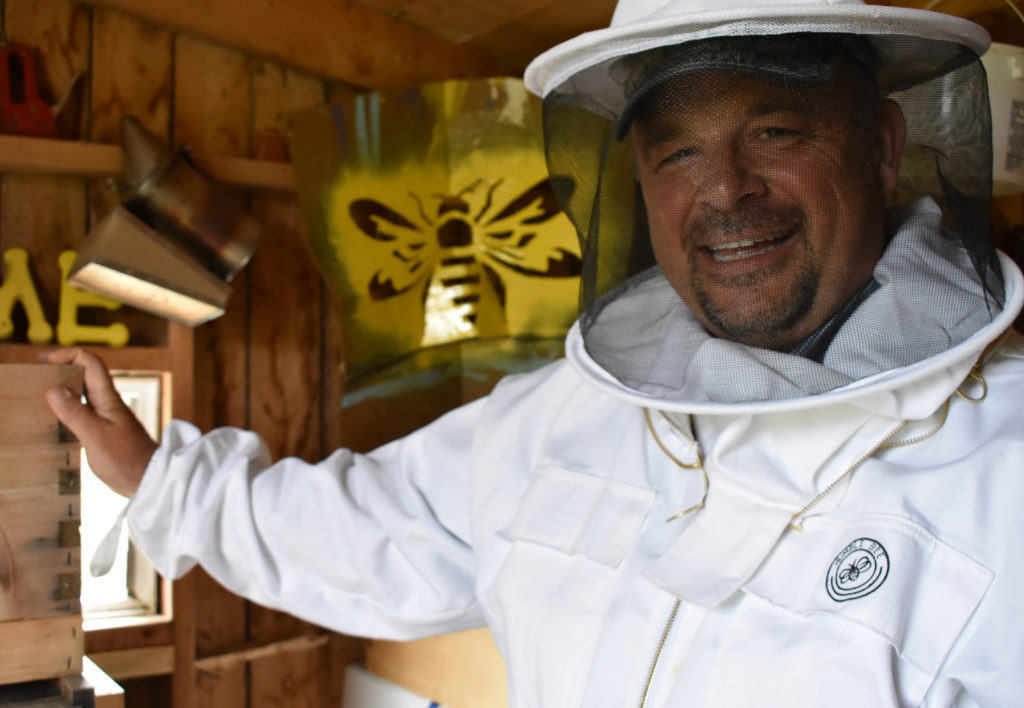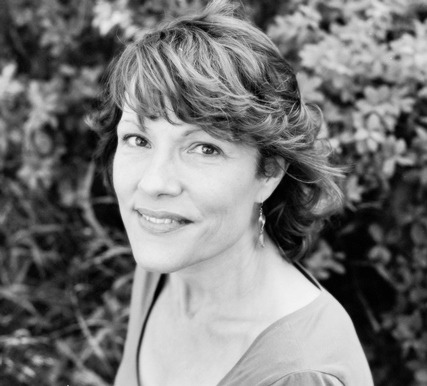William Ping: For my entire life, I had people telling me how much they respected my grandfather. But, I never really knew him
February 2023
Can you tell us a little about yourself?
I’m a novelist and a journalist. I’m born and raised (and remain) in St John’s. Though my father’s side of the family is half-Chinese, I don’t speak or understand any languages other than English (and a glancing understanding of French). In the fall, we took in a stray cat who now dominates my life. Where’s the cat, I say as I walk through the door. Most often, she is sitting in a chair. Like some New Age parents waiting for a child to be old enough to name themself, we have not yet settled on a name for the cat. I’m waiting for my Mandalorian moment where some telepathic huckster can connect with the cat and tell us what she wishes to be called. Your name is Grogu? But you seemed so much more like a Mittens or a Boots?
What was the impetus behind Hollow Bamboo?
The impetus was both to tell the story of my grandfather, and also to learn more about who he was. I have the same name as my father and as my grandfather. And for my entire life, I had people recognizing my name and telling me how much they respected my grandfather. But, I never really knew him as he passed away when I was three years old. Though I didn’t know him personally, I knew the broad strokes of his life story and it is quite the inspirational tale, though also one filled with sadness. So, writing this book gave me a chance to do the research and listen to the family stories and sit down and try to connect with my namesake. At the same time, in telling his story, I wanted to acknowledge and examine the wide gulf of privilege between my life and his. Who am I to tell this story?

Why choose this style/genre? What exactly is the style/genre – is it a memoir/fiction hybrid? –
how much is “made up”? How do you want the reader to experience this?
It is a hard book to pin down in that regard. On any given page, you could call Hollow Bamboo ‘autofiction,’ ‘historical fiction,’ or ‘magical realism,’ but alone none of those generic titles really sum up the nature of the book. In this regard, the limitations of genre are, well, limiting. Let’s call it a ‘speculative biography.’ I chose to engage in this uneasy mix of genres to remind the reader to not take my word for fact, to think of how history is shaped by who is telling it, whether that is me, Mo [the spirit from the book], the media, textbooks, etc. How much is “made up” is hard to answer. Much of what you read in the pages of Hollow Bamboo is based on historical fact, however much of it didn’t play out exactly how it is written. For example, that might mean that a similar violent crime did happen, but it happened ten years earlier then what I have written it as. Other events are just totally my invention. The arc of my grandfather’s story is all true, the details surrounding it are sometimes fantastical. As for how the reader experiences it, I trust the reader to infer a difference between ‘truth’ and ‘facts.’ It’s all true, but only parts of it are factual.
Was your background in journalism a help or a hindrance here? What was your research process?
Though I had always wanted to be a journalist, I actually wrote the entire novel before I started my career at CBC News. It is with some irony then that some readers might encounter this book written by the voice of their local morning newscast and expect the novel to be written with the same attention to strict fact and impartiality as my ‘On Air’ work. Hollow Bamboo is a different beast altogether. The didacticism of journalism is best left to my radio work. In fiction, we can get a little more abstract, a little more indirect, and find truth in ways that are deliberately untruthful. As for my research process, there’s a Pages document on my computer with hundreds of pages of notes and, in true ‘Arts Student’ fashion, a tattered Moleskine filled with ideas. Much of the research was looking into the history of early Chinese immigrants, not only my grandfather but the community at large. MUN’s incredible library was a great resource, but I also relied on family anecdotes and a variety of other sources. Nearly every newspaper quote in the book about the ‘Heathen Chinee’ were real newspaper quotes from the time period. Late in the editing process, once I had already begun working at CBC, I received a call from a listener who had a satchel of papers she wanted to give me. As it turned out, the caller had been a MUN student in the 1970s and at that time had been helping my grandfather write a memoir of his life in his dialect. Though he abandoned the project after a few pages, the caller informed me that she had his translated memoir and she wanted me to have them. It was fascinating to see him tell the story of his life, even in part, and see which aspects I had gotten right in my novelistic imagining of him. To my surprise, total fabrications I had made up were shown to be very near to the truth in these pages. As well, I was able to pepper in some of his very own recollections and words throughout the book.
Part of my goal with Hollow Bamboo was to look at Newfoundland history from the point of view of the Chinese men who were here while all these other notable events were happening. We learn about Confederation time and time again throughout school, but do we also learn that Chinese women and children were not legally allowed to enter the island until we joined Canada? It’s not so much a reclaiming of the narrative, as it is a look at some other narratives that were happening at the same time. I bring this up only to point out that research was also needed on a variety of other Newfoundland topics, from sea creatures to municipal regulations.
What’s next for you?
Another novel is on the way. I’ve been calling it a murder-mystery though in my mind it’s becoming more of a love story. Beyond that, I want to do more writing. I want to write for the stage, I want to write comics, I want to write for TV, I want to write for movies. I want to write it all.
Hollow Bamboo is published by HarperCollins Publishers Ltd ($24.99)


